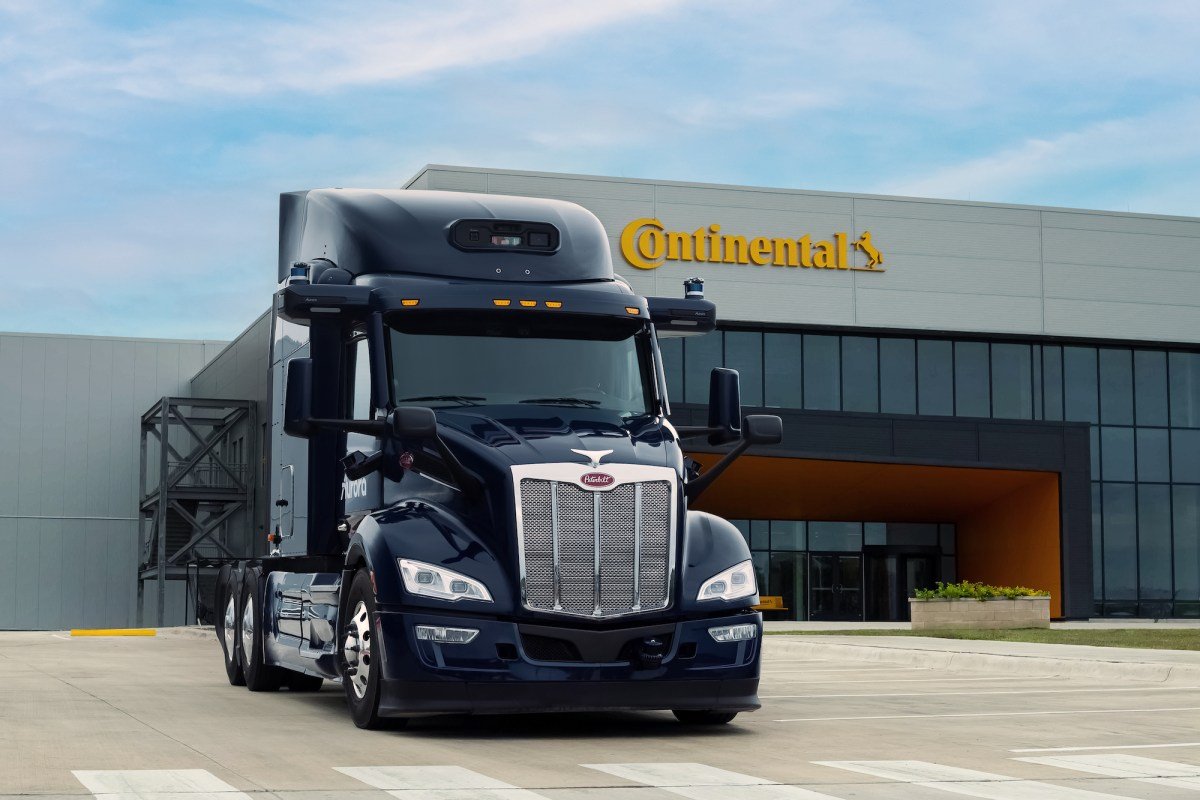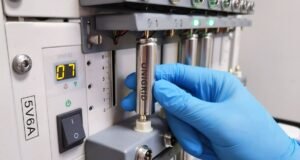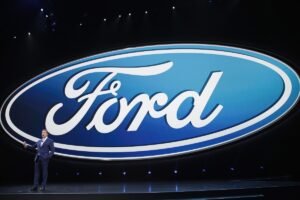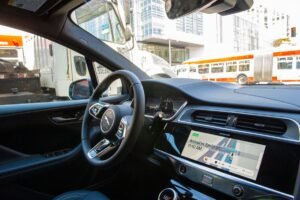Aurora and automotive supplier Continental have successfully completed the initial phase of their ambitious project to mass-produce autonomous vehicle hardware for commercial self-driving trucks. This groundbreaking endeavor, with a budget exceeding $300 million, is poised to revolutionize the trucking industry and pave the way for a future of autonomous transportation.
After months of tireless work, the two companies announced on Friday that they have finalized the design and system architecture of an advanced autonomous vehicle hardware kit. But that’s not all – they have also completed the blueprint for a secondary computer, which will act as a fallback system in case of any failures. This exciting news was shared with the world just ahead of their scheduled appearance at CES 2024, a renowned tech trade show that will kick off next week in Las Vegas.
While some may view this as a minor step in a long and expensive journey, it is in fact a crucial and complex one. The hardware ensemble, consisting of various sensors such as radar, cameras, and lidar, as well as automated driving control units and high-performance computers, work in tandem with sophisticated software to enable a vehicle – particularly a driverless semi-truck – to navigate roads autonomously, without any human intervention.
With this major milestone achieved, Continental is now forging ahead with the development of prototypes, in preparation for their plan to commence production in 2027. The initial version of this innovative hardware will be built and tested at their state-of-the-art facility in New Braunfels, Texas, over the course of the next year. By 2026, the companies anticipate entering the validation stage, which will involve integrating the hardware and software systems onto a fleet of trucks for comprehensive testing. It’s worth noting that Aurora has also teamed up with major truck manufacturers Paccar and Volvo Group for this venture.
The ultimate objective is to produce a top-of-the-line, automotive-grade hardware system that can withstand the extreme temperatures, harsh weather conditions, and various environmental challenges encountered by long-haul trucks on a daily basis. Moreover, this hardware system must be highly reliable, easy to maintain, and cost-effective to produce.
As per previous announcements, the plan is to manufacture thousands of these systems, in order to meet the growing demand for reliable and efficient autonomous driving solutions.
Regarding this latest development, Aurora’s co-founder and CEO Chris Urmson remarked that finalizing the design of their future hardware is a significant step forward in making the economics of the Aurora Driver even more compelling. He also stressed the importance of building a sustainable and profitable business in the long run.
However, Aurora is not waiting until 2027 or later to launch its commercial operations. The company has set an aggressive timeline and is aiming to roll out 19 driverless Class 8 trucks – with no human driver onboard – by the end of 2024! Initially, these state-of-the-art trucks will transport freight between Dallas and Houston, a route that has been frequently used by the company for testing purposes.
It’s worth mentioning that these first 19 driverless trucks will not be equipped with the Aurora-Continental hardware kit. Nevertheless, they have been designed to meet strict automotive standards and operate safely and efficiently without any human assistance, according to Aurora spokesperson Rachel Chibidakis. Aurora will continue to update the hardware on this fleet over the next few years, before finally switching to the hardware kit that has been specifically designed for mass production.








